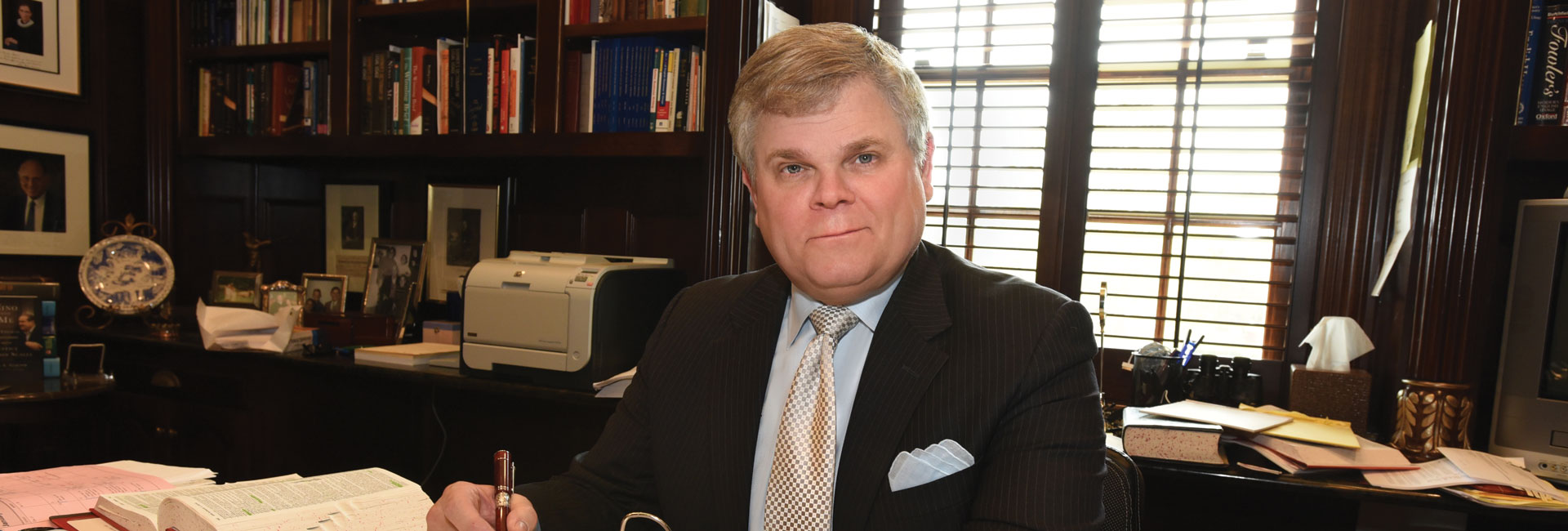Year in Review
Bryan Garner's 2024 legal writing tips

Photo of Bryan Garner by Winn Fuqua Photography.
This year, Bryan Garner gave us typography tutelage, the lexicographer rule and a quiz to test your vocabulary. Here's the full wrap-up of 2024 columns by the Black's Law Dictionary's editor-in-chief.
When writing motions and briefs, typography matters
Of all the easily fixed bad habits that pervade legal writing, perhaps none is more perniciously persistent than some brief-writers’ insistence on capitalizing each word of point headings.
Guard against poor legal research with these 3 writing practices
Not long ago, the partners at a law firm told me of an embarrassingly disastrous trial. They wanted to know whether I knew of ways to prevent this type of problem. The answer is a qualified yes: While there are no panaceas, certain protocols can minimize the risks of suboptimal research. Here are the three crucial points.
Lawyers as Explainers: Remember, you are writing for intelligent people
As professional workers with words, lawyers above all must be good explainers. The basic approach of expert explainers is to say what would need to be said clearly, simply and pleasantly to a small mixed audience of intelligent people. You think all this is obvious? It’s not. The qualities we’re discussing here aren’t commonplace. They’re rare.
In some lawyers’ hands, the lexicographer rule can run amok
As a professional lexicographer myself, I can attest that writing definitions is an extremely demanding discipline. Dilettantes invariably go awry. Yet we have this doctrine that every lawyer is a lexicographer without the need for other credentials. It’s called the lexicographer rule.
New Legalese: You may have heard a deepfake, but what about ‘Twiqbal’?
In many ways, the new legal vocabulary reflects the time in which we live. As you look through the terms that have arisen over the last 24 years, you’ll see much of our recent history.
Can you spot the wrong words in Bryan Garner’s quiz?
The tough thing about English isn’t grammar so much as word choice. There are so many homophones, or words that sound the same but mean completely different things and may be spelled differently. Let’s see whether you’d have made the right choice. If you’ve read a lot over the years and paid attention, you’ll do well here. Most of the choices don’t involve true homophones but instead similar-sounding words.
These columns reflect the opinions of the author and not necessarily the views of the ABA Journal—or the American Bar Association.
Write a letter to the editor, share a story tip or update, or report an error.



